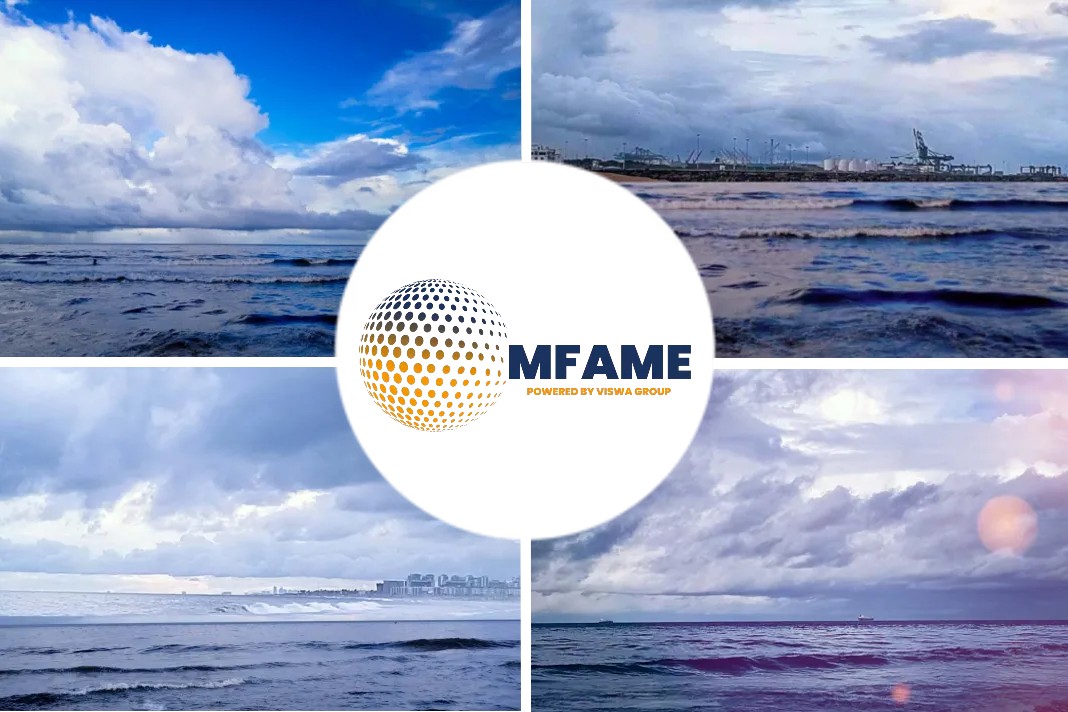“Tougher global marine fuel requirements could shift refinery crude buying back to quality concerns instead of logistical advantages”, Par Petroleum chief executive Joseph Israel reportedly told Argus Media.
Refiners to become sensitive?
Improving pipeline logistics and years of demand destruction for higher-sulfur products tied to International Maritime Organization requirements that begin in 2020 would restore quality concerns, he told the Argus Fuel Oil Summit in Miami, Florida.
“As sulfur becomes much more expensive than in the past, refiners will be much more sensitive,” Israel said.
Disconnects pops up
Steep disconnects developed as rising North American crude oil production outstripped pipeline and other means to reach refiners and global markets. Bakken output racing past pipeline capacity made railroad shipping lucrative in 2011.
Pipeline capacity caught up to that North Dakota field, but disconnects have continued to pop up around the continent.
Fall in price
Similar conditions have led to misery for heavy Canadian crude sellers in Alberta, where insufficient midstream options have helped send West Canadian Select (WCS) to settle at an almost $49/bl discount to WTI Cushing in October.
Midland-priced WTI fell to a $17.50/bl discount in August before narrowing on lower production and faster pipeline development.
Change in refiners design
These disconnects have led refiners designed to run heavier, sourer barrels to increase their processing of cheap, light crudes. Valero, one of the largest and most complex US independent refiners, increased its capacity to process these crudes to 1.6mn b/d from 800,000 b/d.
But the sharp reduction in high sulfur fuel oil (HSFO) should restore the quality premiums seen before 2011, Israel said.
Game not over with 2020
Signatories to the Marpol treaty will require vessels have emissions consistent with 0.5pc sulfur fuel, either through use of low-sulfur blends, exhaust scrubbers or LNG and other alternative fuels. This slashes the market size for HSFO, dropping prices for less complex refiners unable to convert the material into higher value distillates.
Demand will come back after 2021 as shipping companies adopt scrubbers or other technologies to use the cheaper fuel. But the ship owners face other future requirements on carbon content and air quality that will further limit options for both industries.
“We need to remember that the game is not over in 2020, from an IMO standpoint,” Israel said.
Did you subscribe for our daily newsletter?
It’s Free! Click here to Subscribe!
Source: Argus Media






















